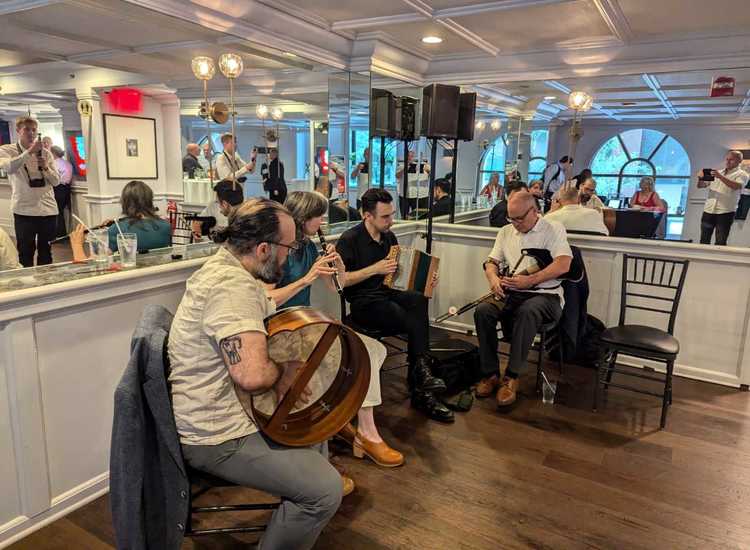Joe McCann as Belfast burned following the introduction of Internment.
By Anthony Neeson
Northern Ireland's Public Prosecution Service (PPS) is prosecuting two former British soldiers in relation to the killing of a former IRA man nearly 45 years ago.
Official IRA leader Joe McCann (25) was gunned down in Joy Street in Belfast on April 15, 1972 as he ran away, unarmed, from members of the Parachute Regiment.
The two former soldiers are aged 65 and 67.
A PPS spokesperson said: “Following a careful consideration of all the available evidence it has been decided to prosecute two men for the offence of murder.
“The charge relates to the death of Mr. John Joseph McCann who was shot by an army patrol in Joy Street, Belfast on Saturday 15th April 1972.
“The two defendants in the case are surviving members of the army patrol which shot Mr. McCann.
A third member of the patrol who also fired at Mr. McCann died in the intervening years. At present, these individuals are not being named and are identified as Soldier A and Soldier C.
“The decision to prosecute is the outcome of a review which was undertaken after the case was referred to the Director of Public Prosecutions by the Attorney General for Northern Ireland in March 2014.
The decision was reached following an objective and impartial application of the Test for Prosecution that was conducted in accordance with the Code for Prosecutors and with the benefit of advice from senior counsel.”
Although a member of the Official IRA, Joe McCann was respected by members of other republican organizations.
Thousands of people attended his funeral in the days after his killing.
An image of McCann holding an M1 carbine beside a Starry Plough flag against the backdrop of a burning building is one of the iconic images of the Troubles.
It was taken during a gun battle between the Official IRA and the British army in the Markets area of Belfast during the evening of the day Internment was introduced in August, 1971 when hundreds of Catholics were being rounded up and imprisoned without trial.









